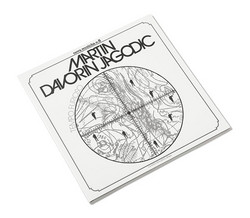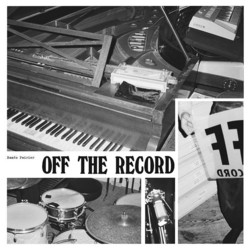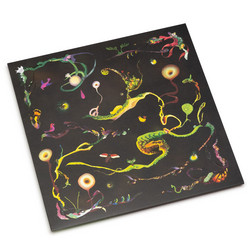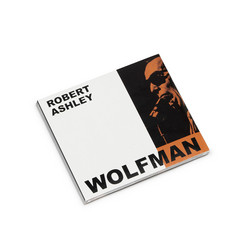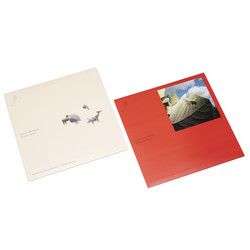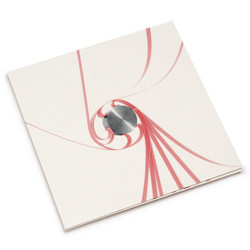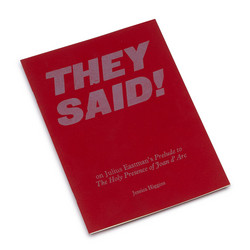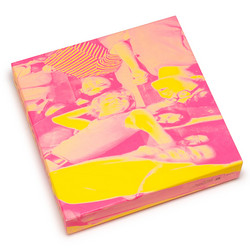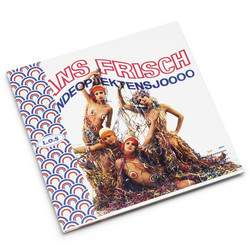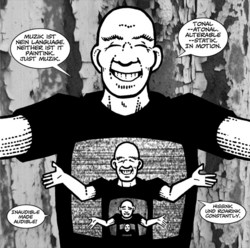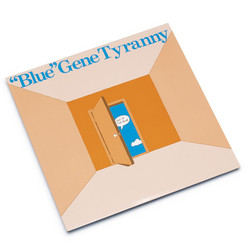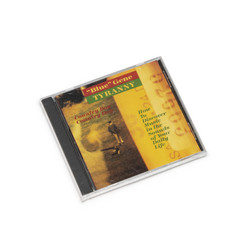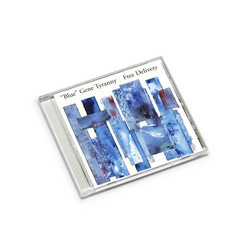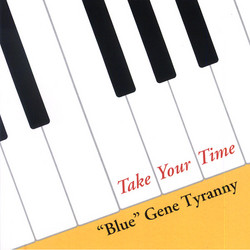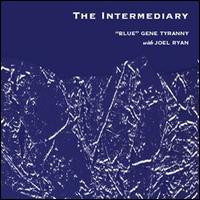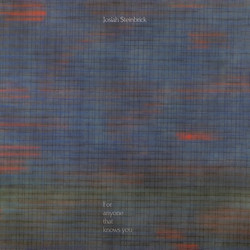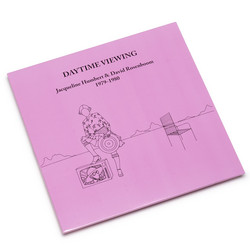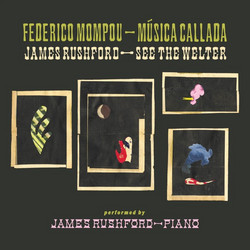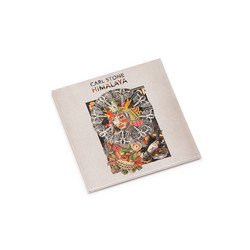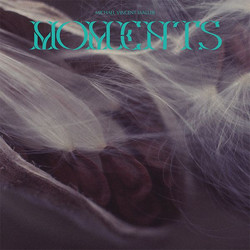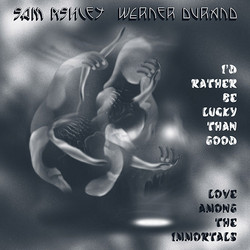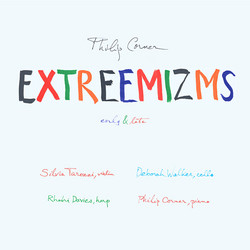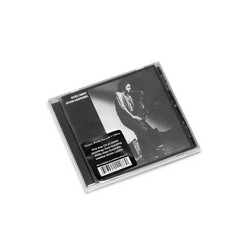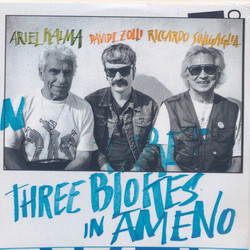Blue Gene Tyranny
Degrees of Freedom Found (6CD box)
**6CD Box. Includes 24 page booklet with liner notes by "Blue" Gene Tyranny and download card.** There have been very few artists as singular, unique, and difficult to define as the late, great "Blue" Gene Tyranny. A maverick of the highest order who blended a near countless number of musical idioms into a definitively unique form, his long-standing relationship with Unseen Worlds breathed new life into his practice and fan base over the last decade or so of his life. As a final parting, the label has now embarked on their most ambitious release attending to this incredible artist’s legacy, Degrees of Freedom Found, a six CD set of material recorded between 1963-2019, that was hand selected by Tyranny from archival, live recordings, and brand new first recordings, before his passing in 2020. This is a truly stunning accomplishment that represents the most comprehensive immersion into Tyranny’s incredible world of sound, we couldn’t possibly recommend it enough.
Born and raised in San Antonio, Texas, "Blue" Gene Tyranny began studying piano at an early age and launched his performance career while still in high school, already drawn toward the avant-garde by the work of composers like John Cage. Across the 1970s and early '80s, he taught at the legendary Mills College, and toured with The Carla Bley Band, The Prime Movers (which included Iggy Pop and Michael Erlewine), and Iggy & The Stooges, as well as embarking upon extensive work with composers like Robert Ashley, Peter Gordon, and Jacques Bekaert. In the words of Kyle Gann, Tyranny had "Cecil Taylor's keyboard energy, [and] Morton Feldman's ear. The most original aspect of [his] works is the way they create continuity: they're tonal, yet rigorously asymmetrical. They satisfy the ear without letting it take anything for granted. They evolve...with the labyrinthine irreversibility of deep psychic forces."
A number of years before his move to NY in 1983, Tyranny recorded his debut LP, Out of the Blue - for many his most definitive and most striking statement - issued by Lovely Music in 1978. While currently not the earliest of his available recordings - Unseen Worlds’ incredible archival issue of Trust In Rock, for example, predates it by a couple years - Degrees of Freedom Found takes unprecedented steps to fleshing out our understanding of his activities for the decade preceding and following, as well as what has come since, of this seminal work.
Degrees of Freedom Found, sprawling across 6 CDs, features recordings dating to as early as 1968, and builds across the '70s, '80s, and first two decades of the 2000s, curated conceptually and for playability, rather than chronologically. Featuring live and studio recordings, that encounter Tyranny solo on the piano, in numerous stunning duos, and working within ensembles of varying sizes - featuring astounding players like Leroy Jenkins, Conrad Harris, Jon Gibson, Richard Landry, Peter Zummo, and a near countless who’s who of the American experimental vanguard, the degree of creative diversity and scope is absolutely astounding across the album’s length, ranging from emotively melodic minimal piano excursions embarked upon solo, works for tape and electronics, expansive orchestral works, abstraction laden efforts of startling harmonic interplay, fascinating ventures into the fourth world, and playful rethinking of the nature of song, the set really has it all and brings an artist like no other into crystalline focus.
A truly monumental gesture that couldn’t be bested as a farewell to one of the most singular artists of the last 50 or so years. Unseen Worlds has done it again, reminding us not only of Tyranny’s seminal place in the history of music, but of the importance of record labels in the support of their work. Issued in a beautiful box with extensive notes on each work made by the artist himself, stunning colour photographs by Phil Makanna and a black and white portrait by Pat Kelley, this is absolutely essential and not to be missed.
